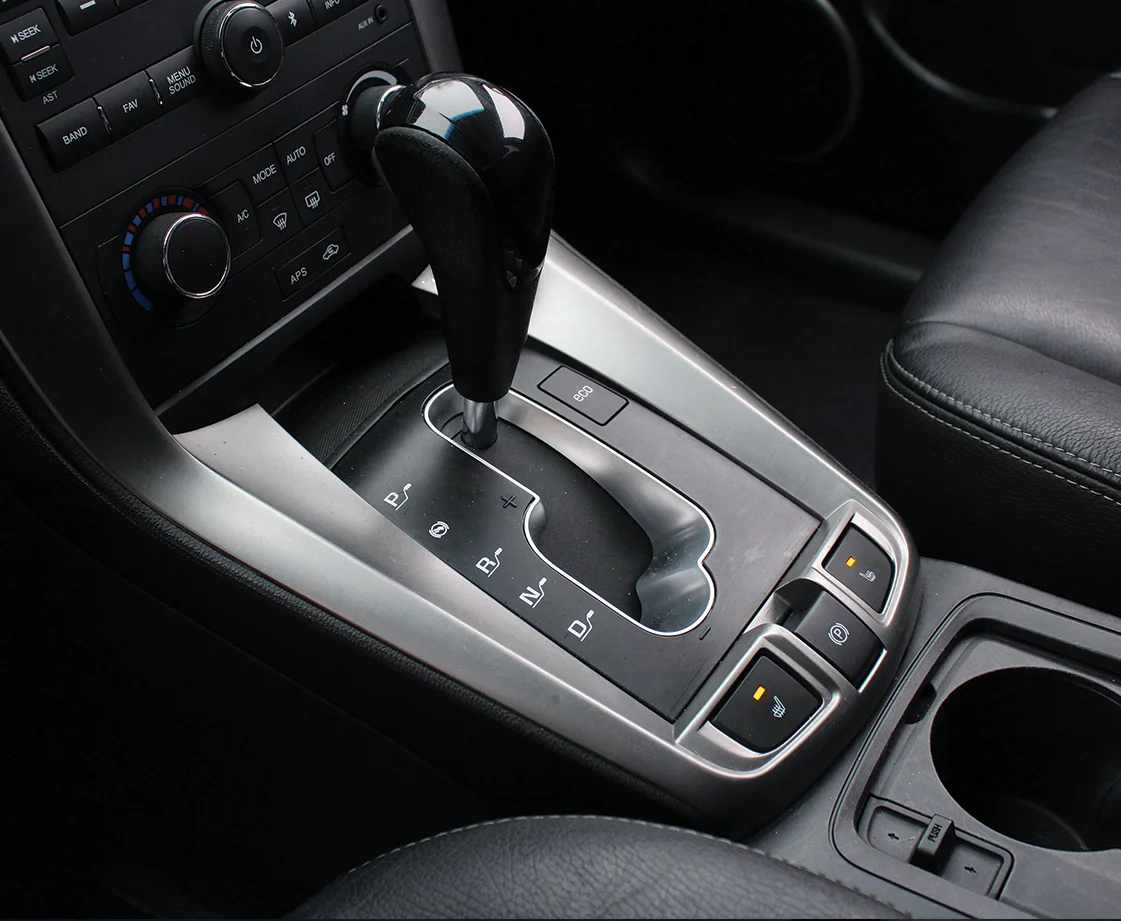What type of loan do you need?
Personal, Vehicle & Leisure Loans
What type of loan do you need?

A business loan is a form of financing provided by banks, credit unions, online lenders, or government agencies to businesses in need of capital. It can be used for various purposes, including:
Business loans can be structured in multiple ways, such as lump-sum payments with fixed repayment terms, revolving credit lines, or cash advances based on revenue.



Lenders assess various factors when determining loan eligibility, including:


Ready to hit the road with your dream car? With Muscle Money’s seamless access to leading car loan solutions as well as expert brokers on hand when you need us, your dream car is just an application away. Experience the difference, experience the best.
Our approach is customer-centric, focusing on your needs and preferences. We take pride in offering personalised service, ensuring that each client receives a car loan package that perfectly fits their circumstances.
With Muscle Money, you’re not just getting a loan; you’re embarking on a journey towards achieving your automotive dreams with a reliable and supportive partner by your side.
Every business experiences fluctuations in revenue, with periods of high sales often followed by quieter times. General commercial finance provides a solution to smooth out these fluctuations, ensuring that businesses maintain consistent cash flow even during lean periods. This means payrolls are met, suppliers are paid and day-to-day operations can continue uninterrupted. By having access to working capital when needed, businesses can avoid disruptions and seize opportunities as they arise.
Example: A retail business facing seasonal slowdowns can use commercial finance to cover operational costs, ensuring it remains fully stocked and prepared for peak sales periods without dipping into emergency funds.
Business growth often requires substantial financial investment. Whether you’re looking to expand into new markets, introduce a new product line or open additional branches, commercial finance can provide the capital needed to take these strategic steps. This allows businesses to scale operations without relying solely on internal funds, reducing the risk of overextending financially while still positioning themselves for future gains.
Example: A restaurant chain can use commercial finance to open new locations, enabling rapid expansion without straining the existing operational budget.
Managing multiple loans or lines of credit can become a cumbersome task, with differing interest rates, payment schedules and terms. Commercial finance offers a debt consolidation option, allowing businesses to combine multiple obligations into one loan with more favourable terms. This simplifies financial management, reduces the stress of multiple payments and often results in lower interest rates or extended repayment periods, freeing up cash flow.
Example: A construction business with several loans for equipment and vehicles can consolidate these debts into a single commercial finance solution, making repayments easier to manage and reducing overall interest costs.
Strong financial backing not only helps maintain operations but also improves a company’s market reputation. Access to commercial finance can be a sign of business stability, showcasing a company’s ability to meet its financial obligations and fund growth initiatives. This, in turn, builds confidence with investors, partners, suppliers and customers, fostering deeper trust and stronger business relationships.
Example: A tech startup that secures commercial finance to fund product development can enhance its credibility with potential investors, signalling that the business is well-positioned for future growth.
One of the most valuable aspects of commercial finance is the ability to adapt to changing financial needs. Businesses may face unexpected challenges or opportunities that require additional capital on short notice. Commercial finance solutions offer the flexibility to access funds as needed, whether it’s for an emergency repair, an acquisition opportunity or a sudden increase in demand. This adaptability allows businesses to remain agile and competitive in a dynamic marketplace.
Example: A wholesale distributor can use commercial finance to take advantage of a bulk inventory purchase at a discounted price, even if cash flow is tight at the moment.


Car loan interest rates can be fixed or variable. Fixed rates offer certainty over repayments, while variable rates can fluctuate with the market.
Email us to let us know how we can help you with your business’ Loan requirements.
Thor Finance
ABN 31 629 922 589